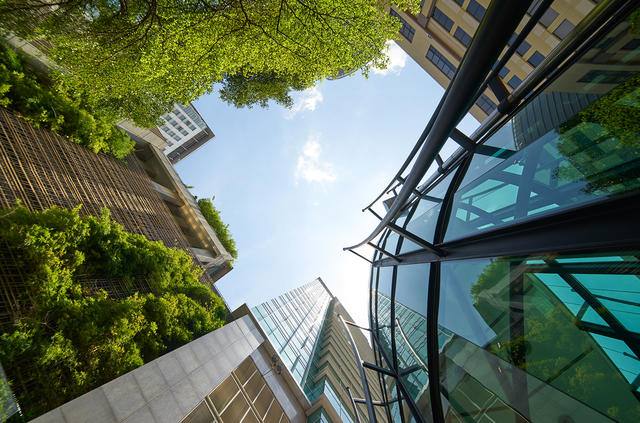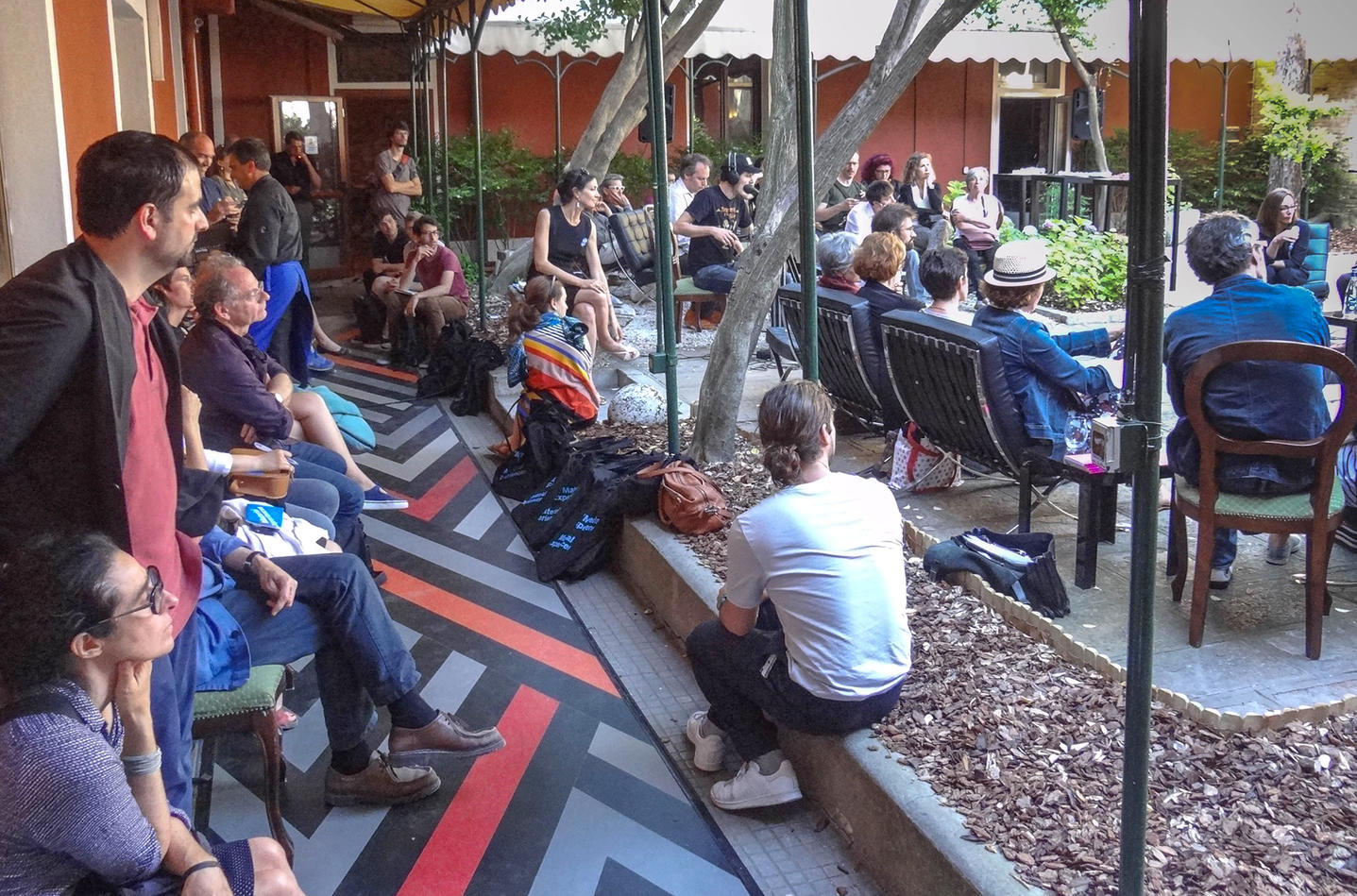As part of Tarkett’s commitment to drive collaboration towards the circular economy, Tarkett’s Sustainability and Public Affairs Director for EMEA, Myriam Tryjefaczka, participated in two circular events during EU Green Week. With a central focus on sustainable cities, the week ran from 21st to 25th May. The flagship event was a three-day EU Green Cities Summit in Brussels.
At both events, Tarkett promoted the concept of supply chain transparency as a fundamental condition for achieving a healthy, productive circular economy. Within the construction industry, this could take the shape of ‘material passports’– transparent, comprehensive information on the chemical composition, recycled content, recyclability and health and environmental risks of every material used in building. Such a pioneering move stands to boost the uptake of recycled materials and enable construction industry stakeholders to reuse materials for future projects.
On 22nd May, Ms Tryjefaczka took part in an event organised by environmental think-tank Globe EU, entitled ‘Reusing the Rubble: How can Cities close the Loop?’. Tarkett was one of four companies supporting the event, which saw experts from business and academia discussing how best to close the loop on urban construction waste. Recycling and reusing construction, renovation and demolition materials (which account for 40% of urban solid waste) could significantly reduce cities’ environmental footprint and improve citizens’ quality of life.
On 24th May, Ms Tryjefaczka will attend the European Plastic Converters’ (EuPC) ‘A Circular Future with Plastics’ conference in Milan. As chairperson of the EuPC’s Building and Construction division, she will host a forum on sustainable buildings, in support of EU Green Week. Representatives from across the plastics industry stakeholders and EU institutions will participate in the discussions, including Mr Michele Galatola who is supervising the development of PEF methodology at DG Environment.
“The health and environmental issues we see in our cities today cannot be addressed by any one organisation alone,” says Ms Tryjefaczka. “A collaborative approach is vital to accelerating the transition to the circular economy - across industries and throughout supply chains. We were delighted to be part of the debate and take an active role in advancing the sustainability agenda in Europe’s cities.”
Tarkett is committed to helping its customers to create healthier spaces by making sustainable flooring that is good for people and good for the environment. Its commitment to health and wellbeing sits at the heart of its sustainability approach, “Doing Good. Together”. Tarkett listens to its customers’ needs and collaborates with all our stakeholders to design products that deliver optimal performance while promoting healthy living and conserving precious natural resources. Its design philosophy is inspired by the circular economy, and offers its customers the opportunity to protect the environment and advance their sustainability goals by opting for flooring made with healthy materials that can be recovered, recycled and transformed into new products.

Tarkett participates in EU Green Week events to advance circular economy in Europe
21st May 2018
